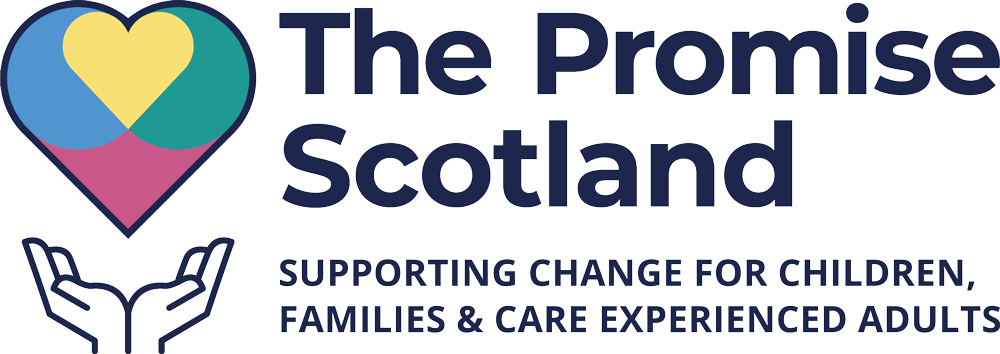What to do if the promise isn’t kept for you
Part of: Help and advice
The promise aims to make huge changes to the ‘care system’ across Scotland. But you might feel that it isn’t being kept for you right now.
When that happens, we recognise how difficult this can be.
Although The Promise Scotland can't intervene or investigate directly, the links below highlight services which may be able to help.
Independent Advocacy
An independent advocacy worker can support individuals to:
- Understand their situation
- Express their views
- Share their concerns.
They can work for people of any age, including children, young people and adults.
Every local authority has a level of independent advocacy available for children and young people. Some may also support parents.
Legal representation
Legal representation isn't the same as advocacy. It may provide you with specific support.
For example, it can help you address and share a complaint or concern about:
- a relevant agency, or
- a relevant organisation.
The availability of legal representation varies in each local authority. Local provision will depend on what you want representation around.
Clan Childlaw
Clan Childlaw provides child-centred representation for children and young people under the age of 26. Their legal services are free, child centred and only available for children and young people.
They also run a legal helpline which provides legal information about rights and the law to children and young people, or adults who are supporting children and young people.
Call 0808 129 0522 (free from most phones) or email helpline@clanchildlaw.org.
Scottish Child Law Centre
Scottish Child Law Centre provide free and confidential legal advice about Scots law relating to children and young people. Every advice request they receive is answered by a qualified solicitor.
They also offer specialist training and influence long term change for children.
Visit their website to complete the online advice form.
Scottish Legal Aid Board
Legal aid helps people who cannot afford to pay for someone to help them with their legal problems.
More information is available on the Scottish Legal Aid Board website, or by phoning 0131 226 7061.
Complaining to an organisation
Many organisations have well-established complaints policies and procedures in place. These include:
- local authorities,
- public bodies,
- and voluntary organisations.
If you want to complain, the first step is often to complain to them directly. Try searching the name of the organisation and ‘complaints’ to find the relevant information.
Scottish Public Services Ombudsman
The Scottish Public Services Ombudsman (SPSO) is the final stage for complaints about:
- most local authorities
- the NHS
- housing associations
- colleges
- universities
- prisons
- the Scottish Government and its agencies and departments.
Scottish Social Services Council
Scottish Social Services Council (SSSC) are the regulator for the social service workforce in Scotland. Their work means that:
- social work,
- social care, and
- early years services
must be provided by a trusted, skilled and confident workforce.
Share a concern about registered workers with the SSSC.
Care Inspectorate
Care Inspectorate look at the quality of care in Scotland to make sure it meets high standards. Where they find that improvement is needed, they support services to make positive changes.
Care Inspectorate: Raise a concern or complaint with the Care Inspectorate.
Community Planning Partnerships
Every local authority has a Community Planning Partnership to help make local decisions.
In these Partnerships, citizens and public services work together to put together plans that work in a joined-up way.
You can find your local Community Planning Partnership by selecting your local authority below:
Historic Child Abuse Inquiry
The promise is about making sure care experienced children and young people can grow up with the safety, love and respect which everyone deserves.
But we know this didn’t happen for many care experienced people who are now adults, and that in many cases they were badly failed.
The Scottish Child Abuse Inquiry exists to investigate some of these failures, and to recommend ways in which Scotland needs to change.
